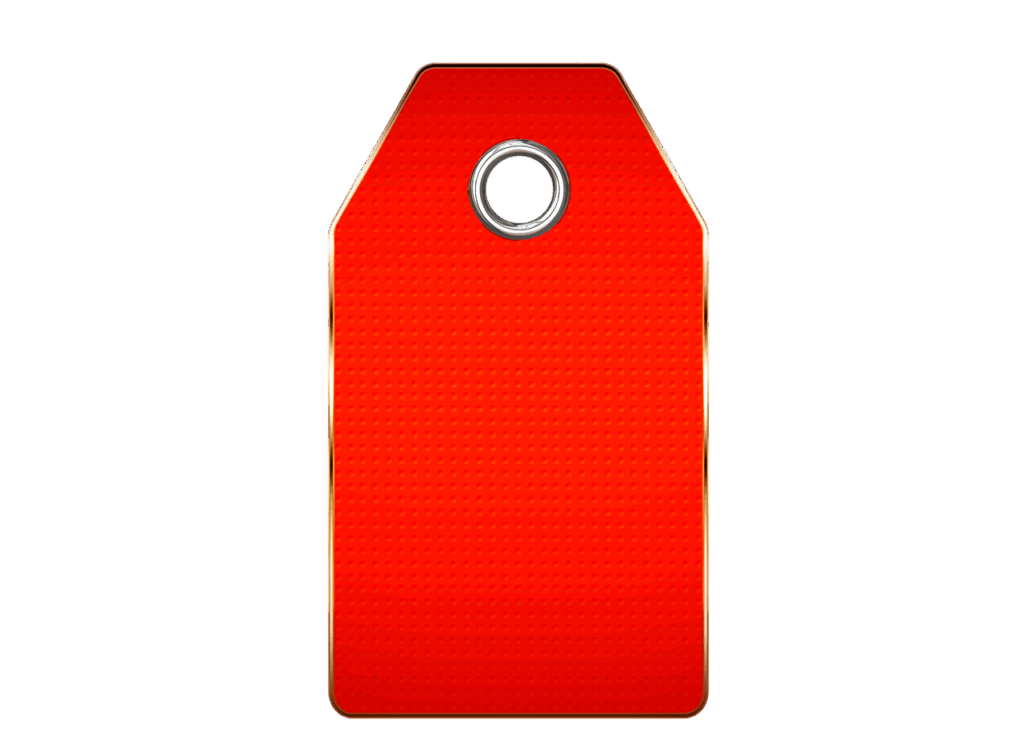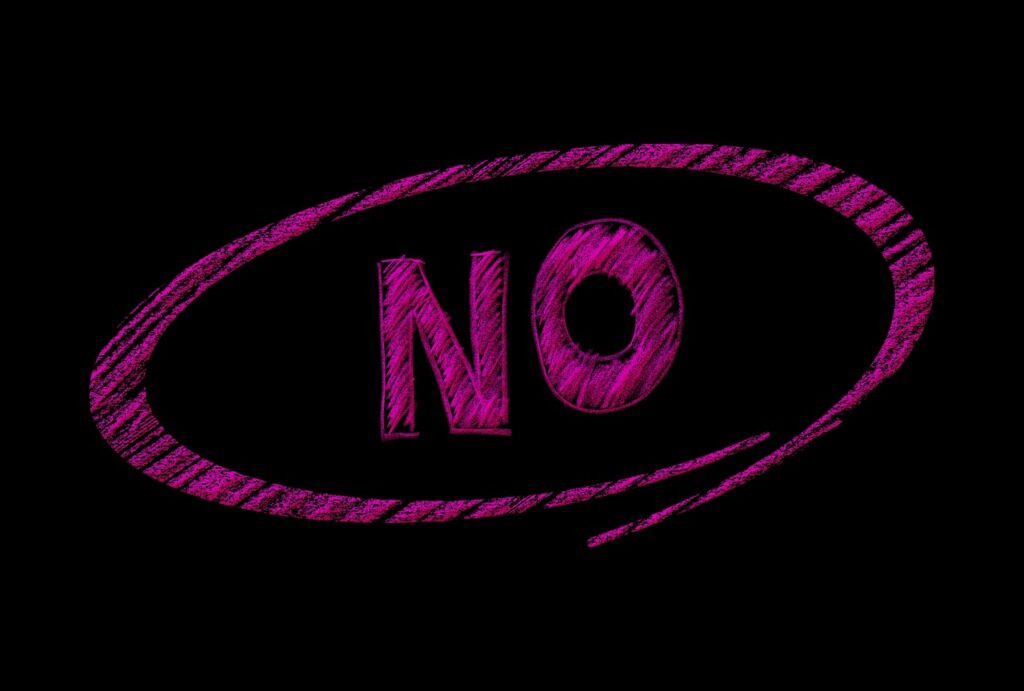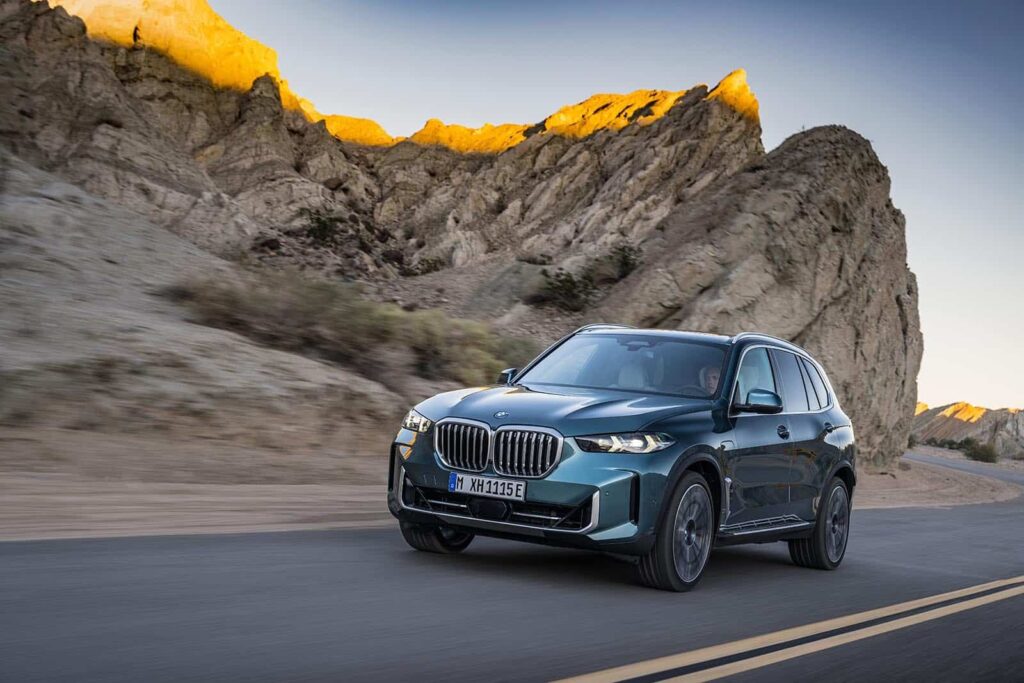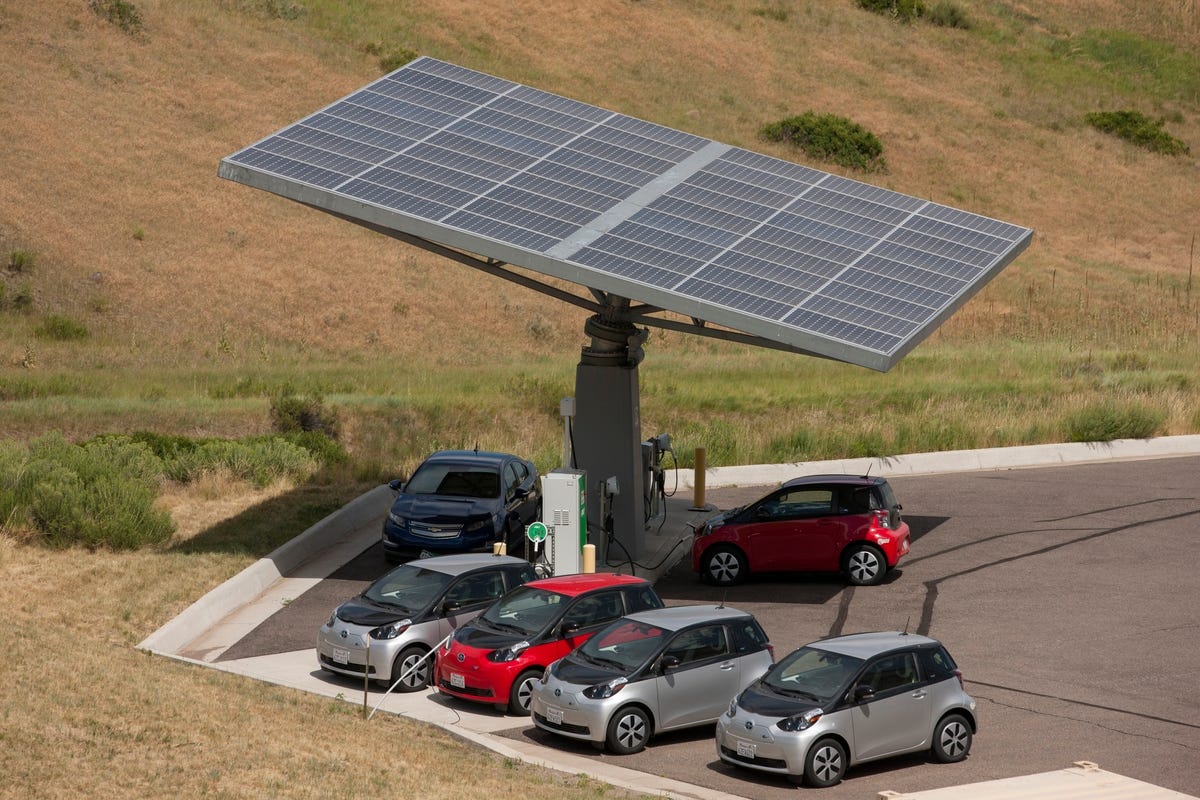
The phrase “no-haggle pricing” often sounds like a beacon of simplicity in the notoriously complex world of car buying. It conjures images of transparent transactions, straightforward deals, and an escape from the dreaded back-and-forth negotiation that leaves many shoppers feeling anxious and uncertain. For those who dislike confrontation or simply want a stress-free experience, a set price seems like a dream come true, promising an easy route to vehicle ownership without the usual headaches.
However, what appears to be a clear-cut path to your new ride can sometimes be a cleverly disguised labyrinth. The convenience and peace of mind offered by no-haggle pricing can lead buyers to believe they’re automatically getting the best deal, when in reality, it’s not always the case. Dealers who use this method protect the buyer from negotiating on the ticket price, but this policy doesn’t always extend to other crucial elements of the buying process.
To truly navigate the no-haggle landscape successfully, you need to arm yourself with knowledge. This article dives deep into the intricate realities of no-haggle pricing, revealing the crucial details dealers often don’t explicitly tell you. We’ll break down 12 essential truths that will empower you to secure a truly fair deal, ensuring your perceived savings aren’t eroded by hidden costs and overlooked opportunities.

1. **The ‘No-Haggle’ Price Isn’t the ‘Out-The-Door’ Price**
When a dealership advertises a “no-haggle price,” it primarily refers to the base price of the vehicle itself. This is the figure you see on the sticker or online, promising a fixed cost for the car. While this eliminates the negotiation over the vehicle’s primary price, it’s absolutely critical to understand that this is rarely, if ever, the final amount you’ll pay.
A car deal is about so much more than just this advertised price. It encompasses the “Out the Door Price” (OTD), which includes the base price, along with a host of other elements like fees, add-ons, warranties, and even your financing or lease terms. No-haggle dealerships are well aware of this broader picture, and they strategically use these additional components to generate profit.
They know that by offering a seemingly “fair price” on the front end, they can often make up for it—and then some—by earning profits on fees and back-end products. This means that while you might feel good about not having to negotiate the sticker price, you could still end up paying a premium if you don’t scrutinize every line item on the buyer’s order. Always ask for the complete breakdown of the Out the Door Price before committing to anything.
2. **The Sticker Price is Fixed, But Many Other Elements Aren’t**
The core appeal of a no-haggle dealership is the promise of a non-negotiable sticker price, alleviating the stress of haggling over the vehicle’s cost. And for the most part, this holds true: the advertised price of the car itself is set and typically unmovable. However, it’s a critical misconception to believe that the entire car-buying process becomes negotiation-free.
While the price of the car remains fixed, many other significant elements that contribute to your total cost can still be subject to traditional negotiation. This includes aspects like trade-in values, interest rates for financing, and the pricing of extended warranties or GAP insurance. Dealers employing a no-haggle model for car prices often maintain a standard negotiation policy for these other components.
Therefore, if you walk into a no-haggle dealership unprepared, thinking all prices are fixed, you could miss out on substantial savings. You won’t completely avoid negotiating, and being ready to discuss these other terms can significantly impact your overall deal. This flexibility provides an avenue for you to still advocate for a better value, even when the car’s sticker price is firm.
Read more about: Beyond the Showroom Shine: Uncovering the Deep Discounts on Trucks (and More) Lingering on Dealer Lots
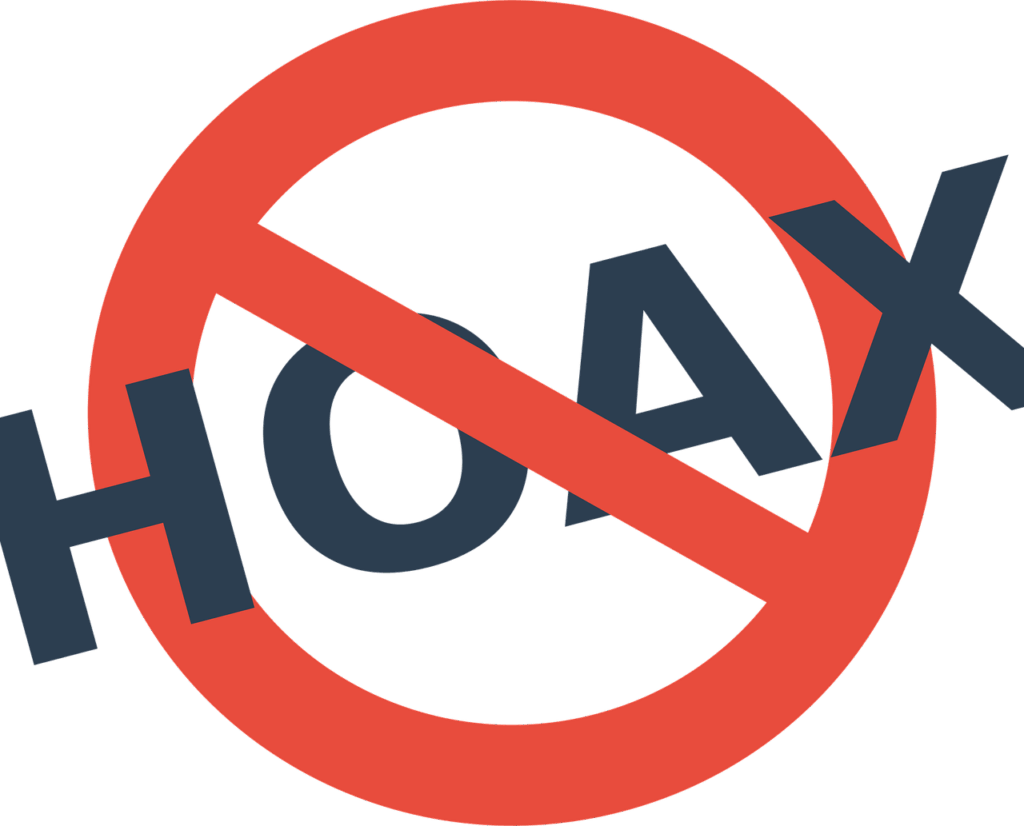
3. **’No-Haggle’ Doesn’t Guarantee a Low Price, Sometimes It’s Even Inflated**
The term “no-haggle” often creates an assumption that you’re automatically getting a competitive or even discounted price because the dealer has removed the negotiation factor. While it’s true that no-haggle pricing can lead to a straightforward deal, it is absolutely not a guarantee of a low price, and sometimes, the opposite can occur. This is a crucial point that dealers won’t go out of their way to highlight.
In markets where certain car models are low in supply and high in demand, a dealership may strategically lock the “no-haggle” price above the Manufacturer’s Suggested Retail Price (MSRP). This allows them to capitalize on the market conditions without the buyer having the option to negotiate it down. In such scenarios, the convenience of avoiding negotiation might come with a premium price tag.
So, while the no-haggle system offers transparency and convenience, it is not a promise of a low price. You might very well pay a higher price to bypass the hassle of negotiation, especially for highly sought-after vehicles. This underscores the absolute necessity of independent research to ensure you’re not paying a premium for the convenience alone.

4. **You Still Need to Do Your Homework (Extensive Research is Key)**
Just as you wouldn’t attempt a complex school project without thorough preparation, you shouldn’t approach a car purchase—even from a no-haggle dealership—without extensive research. This homework is not something the dealer will do for you, and it’s your most powerful tool in ensuring a fair deal. It’s important to understand that sites like TrueCar display prices as a “good deal,” but you need to verify if that deal is truly available.
Before you even consider stepping onto a dealership lot, dedicate significant time to researching the advertised price. Your goal is to determine if the price is genuinely competitive compared to what other dealerships or private sellers are offering for similar vehicles. Tools like Kelley Blue Book, Edmunds, or TrueCar are invaluable resources for comparing prices and verifying a fair baseline.
Part of this crucial homework involves finding the specific vehicles you’re interested in and directly calling each dealership. In today’s market, you might find “mystery cars” listed online, appearing as a “good deal” but being unavailable when you arrive. You must confirm the car’s availability and request the “Out the Door” price in writing, with all addendums, before you visit. This pre-work, done at home, prevents wasted trips and protects you from bait-and-switch tactics.
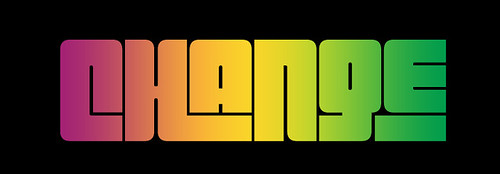
5. **Hidden Fees Can Quickly Turn a ‘Fair Deal’ into a Bad One**
The allure of no-haggle pricing often centers on the promise of a clear, fixed price for the vehicle. However, this clarity frequently applies only to the car’s base price, leaving a significant blind spot when it comes to the numerous fees that can quickly escalate the total cost. These hidden fees are a prime example of what dealers might not explicitly tell you, but they are a critical component of the final price.
Documentation fees, destination charges, and dealer-installed extras are common culprits that can transform an otherwise “fair” advertised price into a considerably worse deal. Documentation fees, for instance, cover the paperwork and administrative costs, and their amounts can vary widely. Destination charges, which cover the cost of shipping the car to the dealership, are often non-negotiable but still add to your total.
More insidious are dealer-installed extras, which can be pre-loaded onto the car and then presented as part of the fixed price. These can range from paint protection packages to nitrogen-filled tires, often carrying high profit margins for the dealership. It is imperative to always ask for a complete breakdown of the “Out the Door Price” before you sign anything, meticulously scrutinizing each fee to understand exactly what you’re paying for and if it’s truly necessary.

6. **Accessories Are Still Negotiable, Even When the Car Price Isn’t**
One of the most valuable insights for navigating a no-haggle dealership is understanding that while the vehicle’s core price is fixed, there’s still room for negotiation when it comes to accessories. This often-overlooked area presents a fantastic opportunity to add value to your purchase without directly challenging the advertised car price, which is a dealer’s fixed point.
If you’ve found a car at a no-haggle dealership that you’re truly interested in, don’t assume that the conversation ends with the sticker price. This is your chance to pivot the discussion towards added value rather than just cost. Consider asking for specific accessories to be included at no additional charge. These could be practical items like rubber floor mats, cargo liners, or even larger add-ons like roof racks, depending on your needs.
The key here is that you’re not haggling over the set price of the car; instead, you’re negotiating for extra inclusions that enhance the utility or appearance of your new vehicle. This approach allows the dealer to maintain their no-haggle policy on the car itself while still providing you with a concession that sweetens the deal. It’s a smart strategy to maximize your overall benefit from a seemingly inflexible pricing model.
Welcome back, savvy car shopper! In the first part of our deep dive into “no-haggle” pricing, we peeled back the curtain on how dealers subtly adjust the “out-the-door” price, the reality of fixed sticker prices versus negotiable elements, and the absolute necessity of doing your homework. We even armed you with the knowledge that hidden fees and accessories are still battlegrounds where you can fight for a better deal. But the journey to a truly smart car purchase doesn’t end there.
Now, we’re venturing deeper into the dealer’s playbook, uncovering the remaining secrets that can either save you hundreds or cost you dearly. From mastering the art of the trade-in to harnessing the power of financing and confidently sidestepping common sales tactics, these final six insights will transform you from a hesitant buyer into a deal-closing pro. Get ready to arm yourself with the ultimate arsenal of knowledge to ensure you drive away with not just a new car, but the best possible value for your hard-earned money.
Read more about: Beyond the Sticker Price: Unveiling How Car Dealers Secretly Add Thousands to Every Sale Through Financing and Hidden Charges
7. **Your Trade-In Value is Still Up for Grabs**
Many buyers mistakenly assume that if the car’s sticker price is fixed, then everything else—including their trade-in allowance—is also set in stone. This is a costly misconception. Even at a no-haggle dealership, your trade-in allowance is often negotiable, and neglecting this aspect can significantly cut into your potential savings. Dealers understand that by giving you a seemingly “fair price” on the new car, they can sometimes make up for it by offering a lower-than-market value for your old vehicle.
To avoid leaving money on the table, your homework extends to your current car. Before you even set foot on the lot, thoroughly research your car’s trade-in value on platforms like Kelley Blue Book or Carvana. These tools provide a realistic estimate of what your vehicle is worth, giving you a strong baseline for negotiation. This preparation ensures you know what “top dollar” looks like and can confidently advocate for it.
When the time comes to discuss your trade-in, remember to keep it separate from the new car’s price as much as possible, especially if the dealership tries to bundle them together. If you’re asked early on if you have a trade-in, you can simply say you don’t or that you’d like to leave it out at this time as you may sell it to a private party or are unsure if you may even keep it. You only want to bring in the trade when it can benefit you. By treating your trade-in as a distinct transaction, you can maximize your allowance and ensure you’re not getting shorted on its true value.
8. **Don’t Pay for Unwanted Pre-Installed Extras**“
“No-haggle” pricing can sometimes be a clever way for dealerships to sneak in charges for pre-installed extras you never asked for, often presented as part of the car’s fixed price. These can range from nitrogen-filled tires to VIN etching or various paint protection packages. The dealer has already invested in installing these, so they’re often reluctant to remove them or waive the charge. However, if you didn’t explicitly request these add-ons, you are absolutely not obligated to pay for them.
These dealer-installed extras are frequently high-profit centers for the dealership, masquerading as value-added services. While some, like window tint, may be a common add-on that they won’t remove, many others can and should be challenged. If you encounter these on your buyer’s order, don’t be afraid to push back. Politely but firmly state that you did not ask for these specific additions and expect them to be removed from the price.
This is where your preparedness shines. Knowing what constitutes an essential part of the car versus a dealer-added profit builder allows you to confidently refuse these unnecessary charges. Even if they are already installed, your refusal to pay can often lead to their removal from the final price, or at least a significant discount. Remember, your money is hard-earned, and you deserve to feel confident about how you’re spending it – not on hidden, unrequested add-ons.
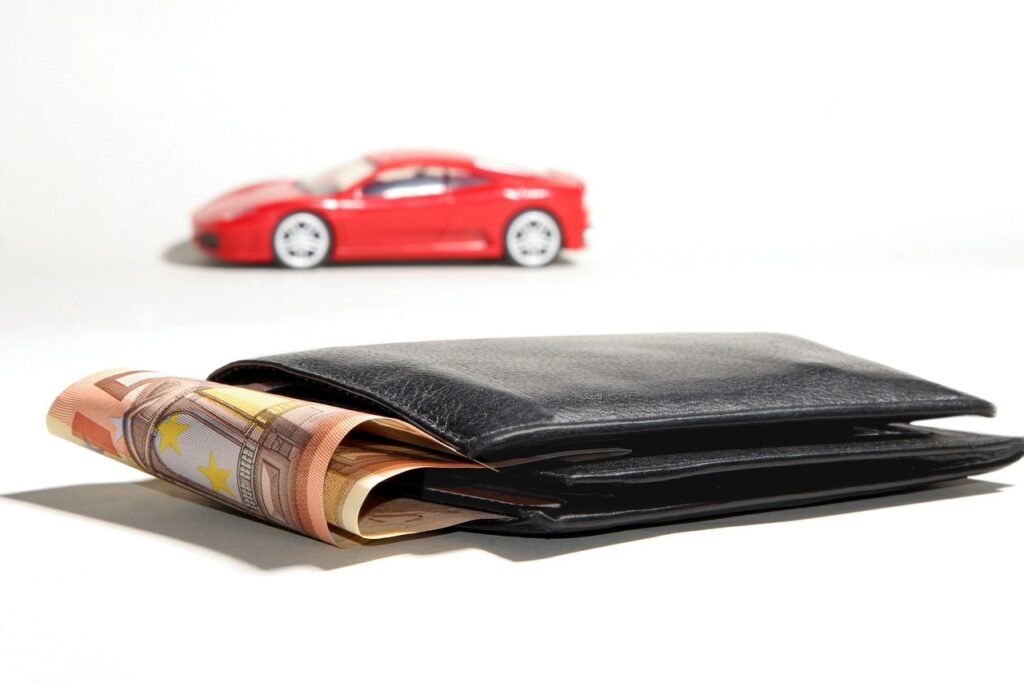
9. **Leverage Pre-Approved Financing to Your Advantage**
Beyond the sticker price, financing can greatly affect the total cost of your vehicle, accumulating significant interest charges over time. This is why understanding your financing options and securing pre-approval before you visit the dealership is a powerful move that puts you in a strong negotiating position. Getting pre-approved means a lender, such as a local credit union, has already agreed to loan you a specific amount at a set interest rate, provided you meet certain conditions.
This pre-approval serves multiple crucial purposes. First, it clarifies your budget, instantly narrowing your car choices to those you can comfortably afford, preventing you from falling for vehicles outside your financial reach. Second, it arms you with a benchmark interest rate and terms. You’ll know the exact rate you qualify for through your credit union, which creates a powerful negotiation advantage when comparing it with the dealership’s financing offer.
With pre-approval in hand, you hold the leverage. You can directly compare your lender’s offer with what the dealer provides, ensuring you secure the best possible deal on the loan itself. This not only empowers you to challenge higher interest rates from the dealership but also significantly reduces the time you’ll spend in the finance office, streamlining the entire car-buying process. Remember, getting pre-approved doesn’t obligate you to take that loan, but it gives you a clear sense of your budget and strengthens your hand.
Read more about: Beyond the Sticker Price: Unveiling How Car Dealers Secretly Add Thousands to Every Sale Through Financing and Hidden Charges

10. **Be Prepared for Common Sales Tactics**
Even in a “no-haggle” environment, you might encounter various sales tactics designed to sway your decision or increase the overall price. While many dealers are straightforward, being prepared for these common strategies is essential for navigating your negotiation successfully. High-pressure tactics, where a dealer might create a false sense of urgency—claiming a deal is only good for today or another buyer is interested—are common. The best defense is to stay calm and never feel pressured into making a quick decision; it’s always okay to take your time.
Another well-known strategy is “The Four-Square” Method, where dealers use a worksheet to intertwine your trade-in value, purchase price, down payment, and monthly payments. This method can make it difficult to see where you’re truly negotiating. To counter this, stay laser-focused on negotiating the full price of the car first, completely separate from discussions about trade-in values, financing, or any extras. Remember, your trade-in is a separate transaction, and trying to handle them simultaneously can muddy the waters and diminish your leverage.
Watch out for bait and switch tactics, too. This is where a dealer might advertise a car at an unbelievably good price to get you into the showroom, only to reveal it’s “just been sold” and then try to steer you towards a more expensive model. This is why securing pricing over the phone on a written buyer’s order is critical before you visit. If a deal seems too good to be true, it probably is, and confirming availability and pricing upfront will save you wasted trips and frustration, ensuring you’re not caught off guard by a phantom deal.
Finally, be vigilant about the terms of your deal changing. Make sure that everything agreed upon is documented. If anything changes in the finance office, such as the interest rate or loan term, don’t be afraid to question it. Remember, as a buyer, you hold considerable power because you have the money, and you can always walk away if you’re uncomfortable with the tactics or deal offered.
Read more about: 15 Crucial Reasons Why You Should Think Twice Before Buying a Used Car from a Dealership
11. **Remember the Power of Walking Away**
Sometimes, despite all your research, preparation, and negotiation efforts, the best decision you can make is to simply walk away from a deal. This isn’t a sign of defeat; it’s a powerful act of self-advocacy and a crucial skill for maximizing your overall savings. Recognizing when you’re facing a bad deal, or when the terms simply don’t align with your budget and expectations, is paramount to a successful car purchase.
Before you even enter negotiations, establish your maximum spending limit and commit to sticking to it. If the dealer, despite their “no-haggle” promise on the car’s base price, cannot meet your overall budget or pushes terms that make you uncomfortable, it’s a clear signal. High-pressure sales tactics, attempts to add unnecessary extras, or a refusal to provide transparent “out-the-door” pricing are all red flags that should prompt you to consider exiting the negotiation. Your financial comfort and peace of mind are non-negotiable.
Walking away might feel daunting, especially if you’ve invested significant time and emotion into a particular vehicle. However, it sends a clear message to the dealership that you are serious about your terms and unwilling to compromise your financial well-being. There are always other cars and other dealerships, and a bad deal today will likely lead to buyer’s remorse tomorrow. Empower yourself with the confidence to leave a negotiation that isn’t in your favor, knowing that you deserve a deal you feel good about.
Read more about: Why They Said No: 15 Iconic Moments When Stars and Shows Walked Away from Awards and Major Stages

12. **Explore Dealer Financing for Potential Price Reductions**
While securing pre-approval from an external lender is a smart baseline, it’s also wise to keep an open mind regarding dealer financing. This might sound counterintuitive given the advice to leverage your own financing, but sometimes, a dealership might be willing to reduce the purchase price of the vehicle if it means they can secure your financing business. This unique dynamic can sometimes lead to an even better overall deal, benefiting both you and the dealer.
Dealerships often receive incentives from their preferred lenders for arranging financing, which gives them a margin to play with. This means they might be able to offer a slightly higher trade-in value, a lower purchase price, or include additional desirable accessories if you opt for their financing. The key here is not to abandon your pre-approval but to use it as a powerful comparison tool. Present your pre-approved rate and challenge the dealer to beat it, or to make the overall deal more attractive through other concessions if you choose their financing.
The goal is to ensure the entire deal is structured in a way that benefits you most, whether that involves a lower interest rate from your credit union or a reduced vehicle price through dealer financing. By being informed about both options and understanding how they interact, you maintain control. Don’t just accept the first financing offer; use your pre-approval as leverage to see how the dealer can sweeten the pot, proving that a truly informed buyer always has room to maximize their savings.
Read more about: Free Upgrade Potential: 10 New 2024 Models Poised for Big Discounts
There you have it—the complete insider’s guide to navigating the “no-haggle” car buying landscape. What starts as a seemingly simple, stress-free path can, as we’ve uncovered, be a complex maze filled with hidden opportunities and potential pitfalls. But with the 12 essential truths we’ve revealed, you’re now equipped with the knowledge, confidence, and actionable strategies to demystify the process. From scrutinizing every line item on the buyer’s order to wielding the power of pre-approved financing and fearlessly walking away from a bad deal, you’re no longer just a shopper; you’re a strategic negotiator. So go forth, armed with these insights, and drive off with the perfect car and, more importantly, the perfect deal. Your confidence at the dealership will be your greatest asset, ensuring your hard-earned money gets you the best value every single time.

